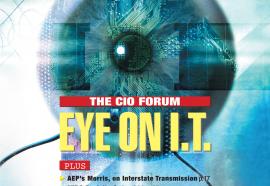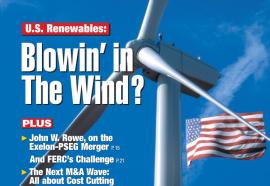Encore for Negawatts?
Congress renews PURPA’s call for conservation and load management, but the world has changed since the 1970s.
The “N-word” in the title first appeared in this journal more than 20 years ago, courtesy of the celebrated environmentalist Amory Lovins and his widely quoted piece, “Saving Gigabucks with Negawatts” (Fortnightly, 1985). Scroll forward a few decades. With restructuring of wholesale electric markets at FERC, plus formation of regional transmission organizations and independent system operators, the game was changed.








